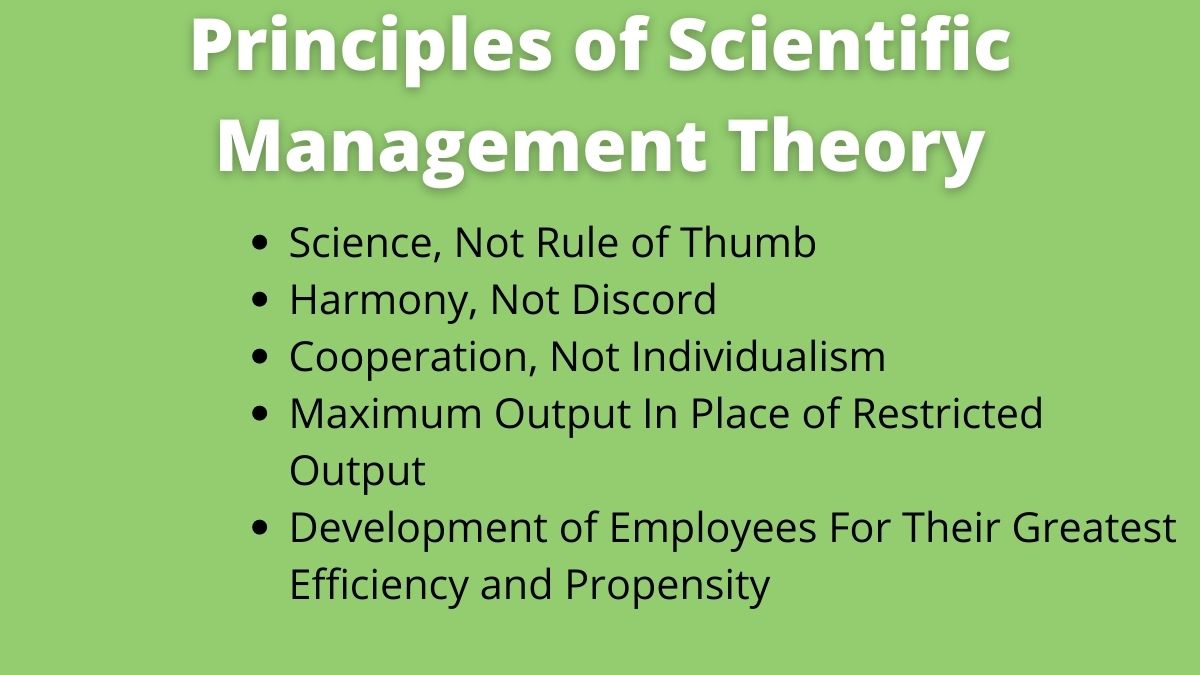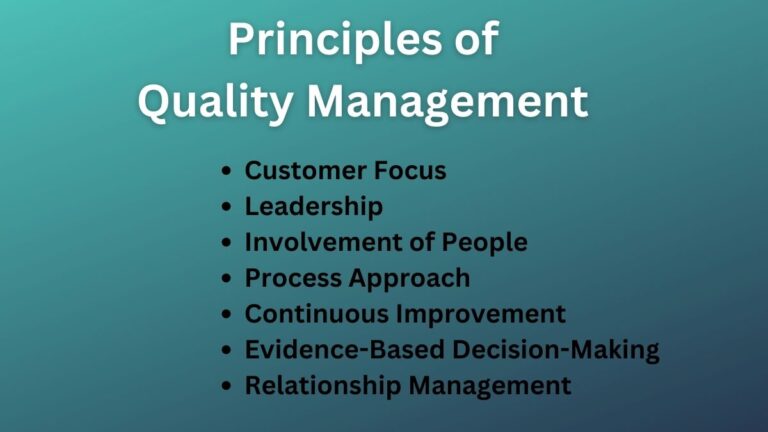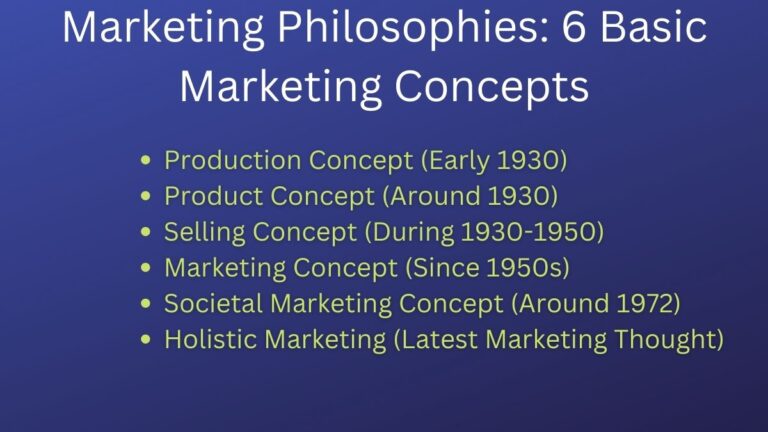F.W. Taylor’s Principles of Scientific Management Theory (Explained)
Principles of Scientific Management
F.W. Taylor has given us five principles of scientific management to strengthen the efficiency and productivity of the organization. Taylor’s focus was on operational workers and the supervisory level of managers to increase their working efficiency.
Scientific management means using scientific tools to bring efficiency to operations. It has proved how scientifically proven tools can be implemented in the management of businesses.
Let’s discuss the principles of scientific management theory of F.W. Taylor.
Science, Not Rule of Thumb
Scientific management believes that there is a science to doing every job. It explains even a small task can be done effectively when science is used in it.
Taylor described science as knowledge from depth observation, experiment, and analysis that can bring the results as expected. And, rule of thumb is intuition, knowledge, experience, and ideas of managers on doing organizational activities.
This principle emphasizes managers should employ scientific tools to bring efficiency while conducting the company’s activities instead of the rule of thumb.
Related: Administrative Management Theory
It is in favor that scientific methods are proven as they are clearly observe, tested, and analyzed the likely consequences of a decision if it is taken. If the scientific method is used the result will be exactly as expected.
On the other hand, however, if the manager is experienced, he will not be 100% sure that his action will give the exact result because the situation may change.
Harmony, Not Discord
In the second principle, Taylor stressed that the relationship between the management and employees should be harmonized and congenial. There should be a good working environment and they must have importance for each other.
Because when there is conflict this is not beneficial either for employees or managers, especially for the organization’s future. Both employees and managers must know the importance of being with each other. Because the organization is for people, without people there is no organization (management).
You should give conscious effort to create a harmonized workplace culture where peace, team spirit, a positive attitude, a sense of discipline, respect for each other, sincerity, no conflict, etc. will be produced. You must realize that your business is a collection of people who must be in a coordinated manner.
Good harmony among workers and employees helps for good understanding and a feeling of togetherness. This helps to reduce conflicts, misunderstandings, fatigue, and tiredness and increases mutual trust.
Cooperation, Not Individualism
There should be a cooperative and coordinated environment in your organization. Harmony and cooperation often make us confused, however, both are needed to achieve efficiency and productivity.
Taylor describes that harmony means staying together in a cohesive manner and cooperation means helping each other to achieve common goals.
Here, he explains that a single individual is not enough to bring the desired organizational outcomes. There should be proper cooperation and coordination among employees and managers so that their collective efforts result in effective and efficient outcomes.
Related: 14 Principles of Management
In simple terms, cooperation, not individualism, states that group efforts build synergy and always bring greater results than separate individual efforts.
For this, it is required to build up trust, respect, and confidence among management and workers. This helps to build group effort instead of priority to an individual which ensures the attainment of organizational goals with greater effectiveness and efficiency.
Maximum Output In Place of Restricted Output
This emphasizes that the production should not be based on the quota system instead the focus should be on attaining maximum productivity.
Scientific management has always focused on increasing the productivity of businesses. It focuses on the proper utilization of organizational resources i.e. men, machines, money, and materials which result in productivity and profit for the firm.
When productivity is achieved the company will have more profits and the workers will get higher wages. Thus, it states that employees should be encouraged to give their maximum contribution to increasing productivity.
In addition, to extract employees’ maximum effort Taylor has suggested providing monetary benefits and a peace wage rate system where the pay is based on how much an employee has performed instead of how much time he spent on performing.
Development of Employees For Their Greatest Efficiency and Propensity
It is an undeniable fact that for every organization employees are the greatest assets. This principle of scientific management states that employees should be trained to reach their most excellent efficiency and be able to do the given task in a way they feel natural but supports the productivity of the organization.
The abilities, skills, knowledge, capabilities, and expertise of employees determine the effectiveness and efficiency of the business. You should train employees regularly using scientific tools, technology, and best practices so that your employees ‘ efficiency and effectiveness will be improved.
In addition, there should be scientific selection and placement of employees. The proper training to the right employee as well as duties should be assigned considering their capabilities and ability that further ensure efficiency in working.
Hence…
In Conclusion… these are the 5 principles of F.W. Taylor’s scientific management you can employ to bring efficiency and productivity to your business.
Read Next: Classical Management Theory
Sajan Kushmi is a content writer with more than 4 years of experience. He holds BIM Degree. He write on the topics related to Management, Marketing, and Entrepreneurship.






